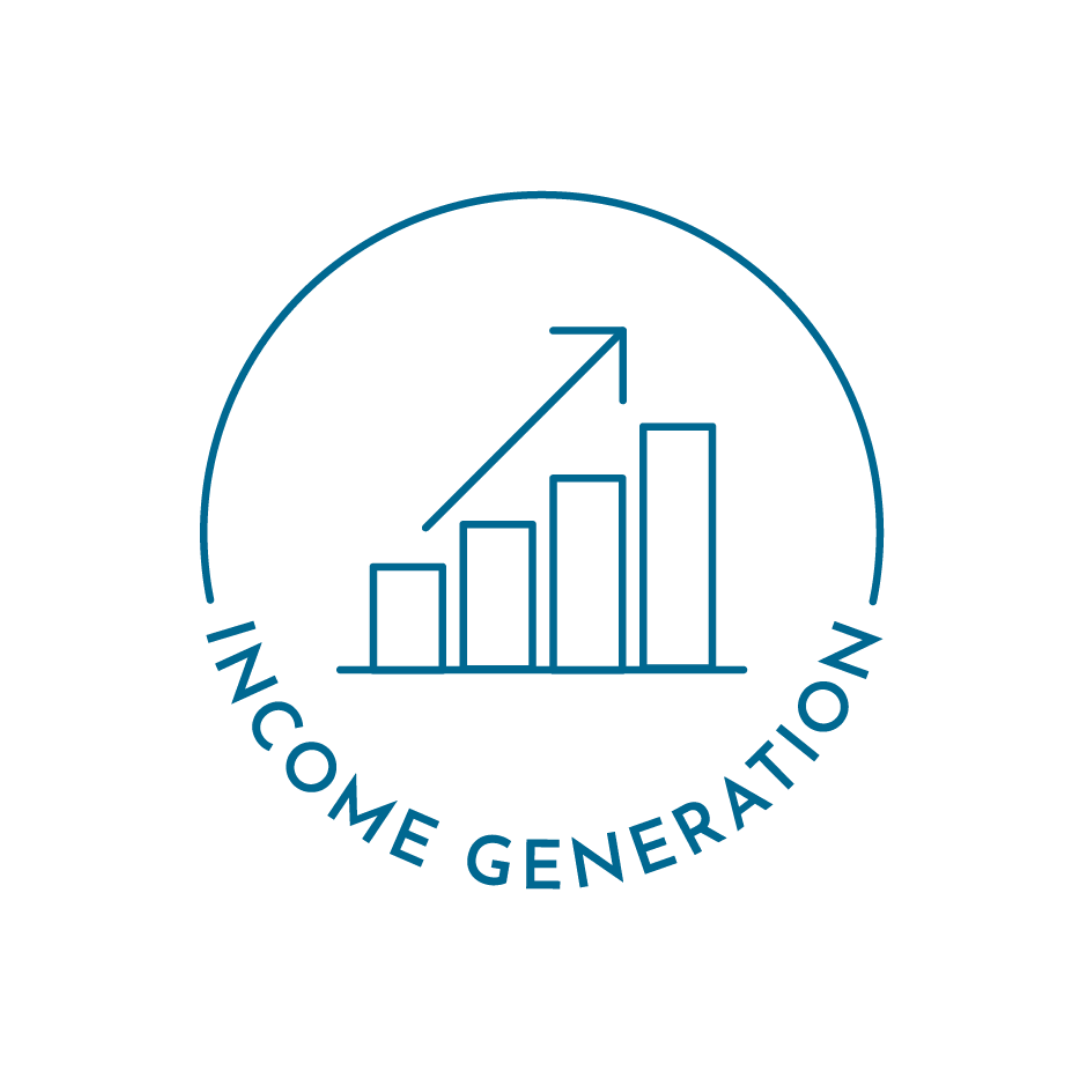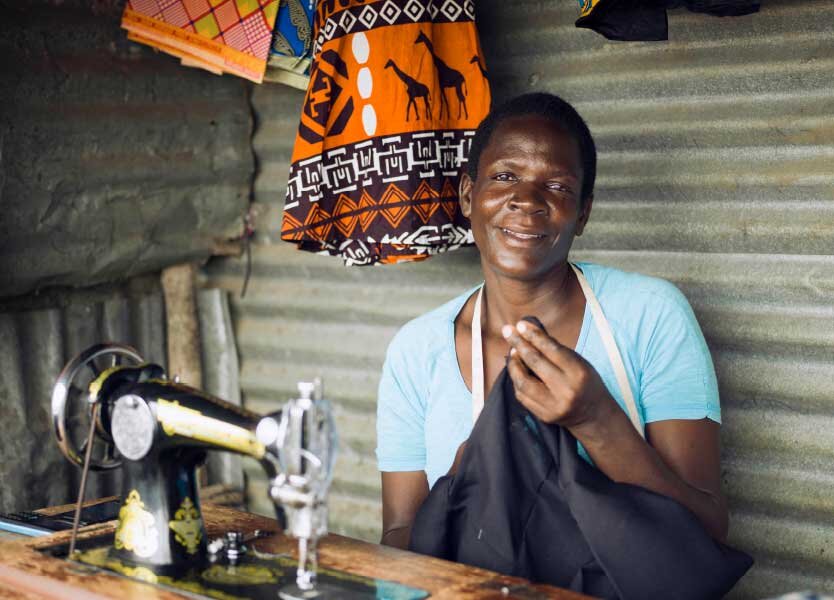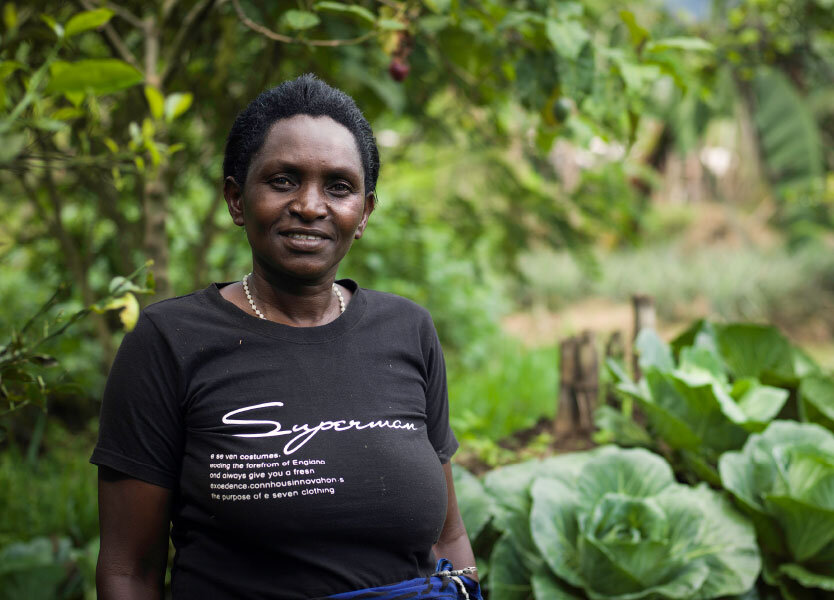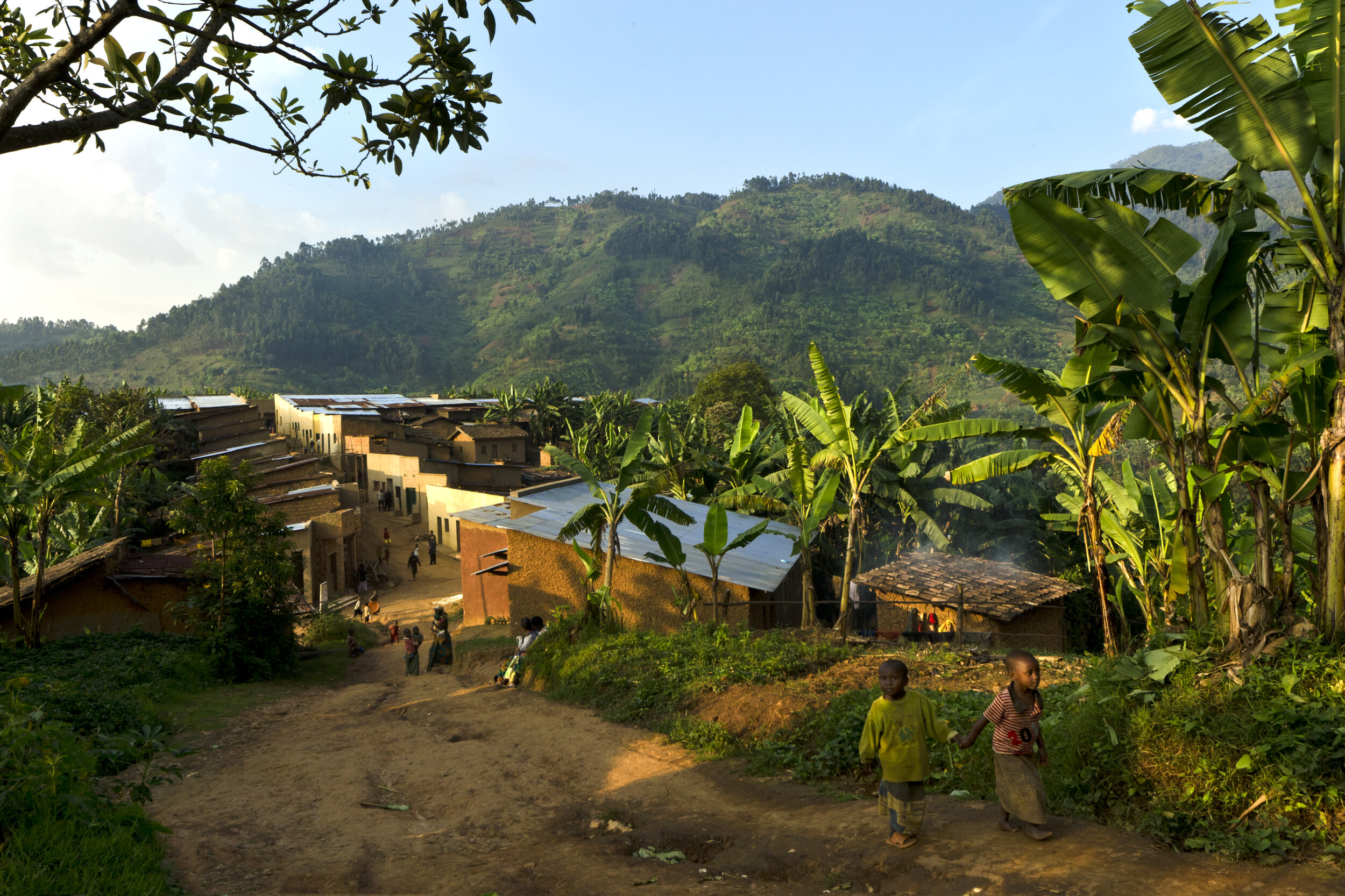income generating programs
THE POWER TO CREATE CHANGE THROUGH ECONOMIC GROWTH.
JOB CREATION
OPPORTUNITY
As we establish programs to address the healthcare, education, and conservation needs of each village. We employ community members to staff these programs in full and part-time roles.
We’ve seen positive shifts in the communities we support when villagers are empowered to become educators, health care clinicians, farmers, and business owners. Employment provides a stable income for villagers to support their families.
The financial security from these jobs allows people to care for their families, buy homes, livestock, and the tools needed to start their own business.
micro-loans
local ventures
We launched our first micro-loan program in 2011 to help fund small business ventures in farming, gardens, and craft-making.
Since our initial investment, we’ve expanded our micro-financing to support small enterprises selling goods to market.
These enterprises, primarily financed through Kageno microloans, provide as table path for communities to raise their standard of living on a continual basis.
CRAFT PROGRAM
Eunice Adhiambo was part of the first group of micro-loan beneficiaries in Kenya. She had been widowed while pregnant with her third child and was left with very little means to tend to her family’s basic needs. After discussing and refining her business plan with Kageno staff, Eunice applied for a loan for textiles and supplies. She borrowed a sewing machine and began sewing for the community. She now owns her own sewing machine and tailors uniforms for many of the local school children. Thanks to her ongoing business success, she has been able to pay the school fees for all of her children and make improvements to their house.
stability through innovation
Craft production is an essential aspect of Kageno’s methodology. These enterprises provide a stable path for communities to raise their living standards on a continuous basis.
Our craft program is very popular and provides a steady income for villagers to support their families. Women and men create baskets, placemats, soaps, candles, and bracelets that are sold internationally and locally at the markets.
Craft work has had an environmental impact as well, as the thousands of baskets, mats, and rugs woven are all made from water hyacinth, which is a destructive weed that commonly grows in African waters.
kitchen gardens
Josephine Mukagakwandi, a 53-year-old mother of five, lives in Banda village. She attended Kageno’s agriculture classes and received plant seedlings to start her own garden. Beginning in 2011, she grew amaranth to feed her family and also to sell. She maintains a kitchen garden using the system of crop rotation that Kageno advocates, which provides vegetables year-round. The steady supply of food ensures that her family is well nourished, something that was otherwise beyond her capability.
sack gardening
Sack Gardens are vertical farms using tall sacks filled with soil from which plants grow. They are drought friendly as water is used very efficiently. Kitchen gardens are small plots used to grow food around the home for household use. Both are a way for villagers to grow vegetables and fruits for their families.
Banda, in particular, is a densely populated region with approximately 500 people per square kilometer, allowing little space for more spacious gardens.
Our solution was to teach villagers about sack and kitchen gardens, and provide seedlings so the villagers can grow food on small pieces of land. They can grow spinach, kale, and tomatoes in the sack gardens. We also provide agricultural education teaching a system of crop rotation that provides vegetables year-round.
ecotourism
eco-lodge rwanda
We recognize the adventurous travelers among us, with Banda Village situated on the edge of Nyungwe National Park, one of the oldest and best preserved rain forests in Central Africa and a well- known destination for naturalists. Nyungwe National Park is ideal for both birdwatching and primate viewing. It’s home to nearly 300 bird species, including 27 endemic bird species and 13 species of primates, including Chimpanzees, Owl-faced Guenons, and Angolan Colobus Monkeys, and Olive Baboons.
In order to create a prime destination for those seeking to give back while exploring new places, Kageno is constructing an Eco-Lodge on land above Banda Village next to the park. We see ecotourism as a viable income-generating opportunity for the villagers to introduce people to their beautiful country while also protecting the unique biodiversity of Nyungwe National Park.
LEARN MOREA ABOUT OUR EDUCATION, HEALTHCARE + CONSERVATION PROGRAMS










